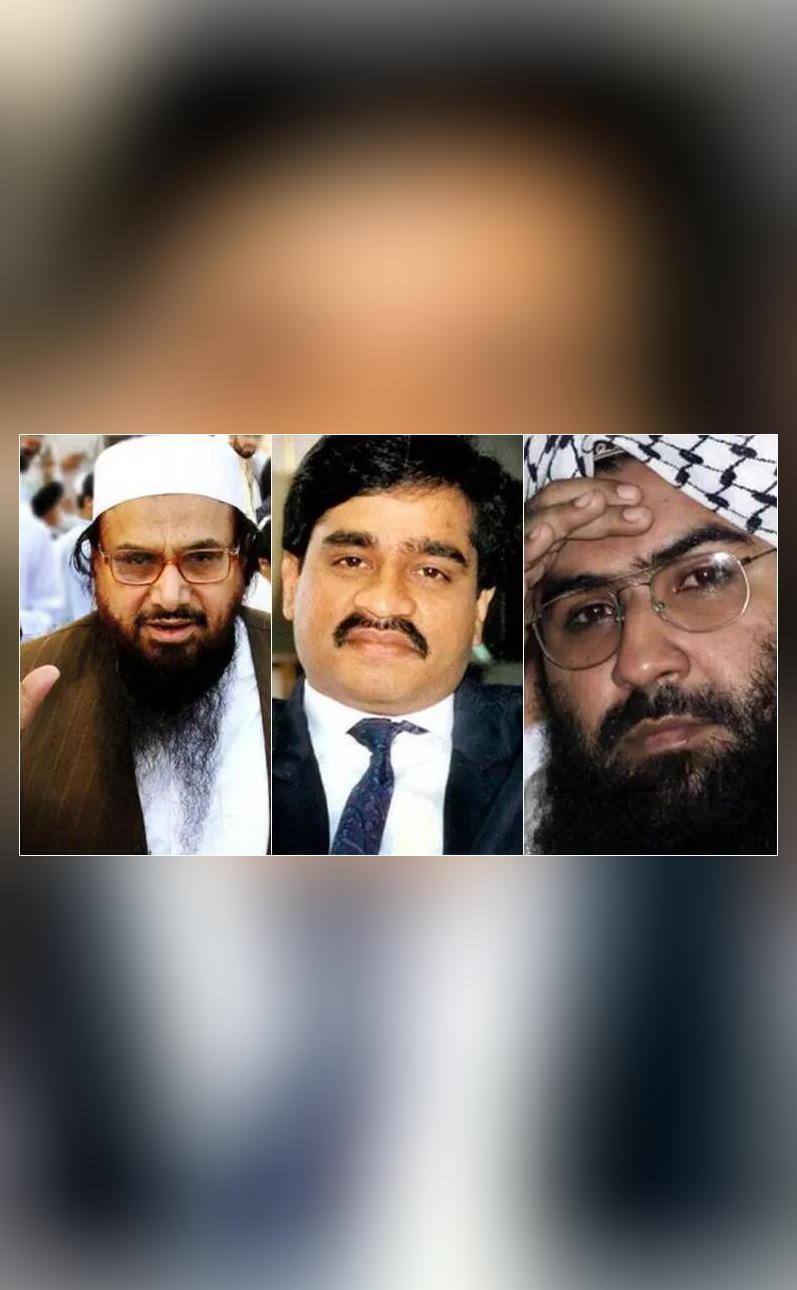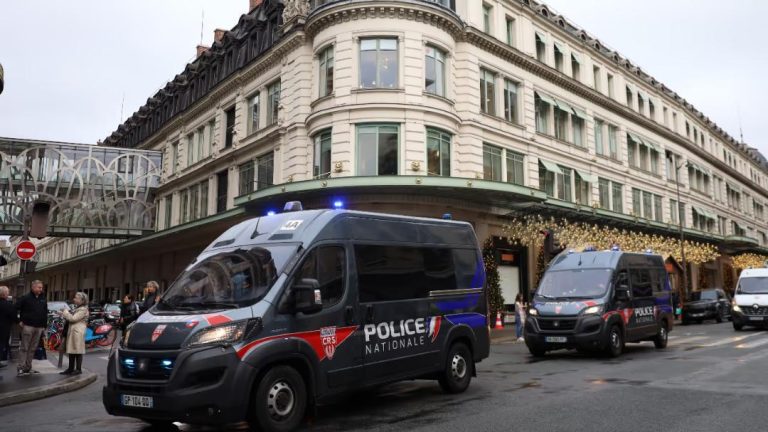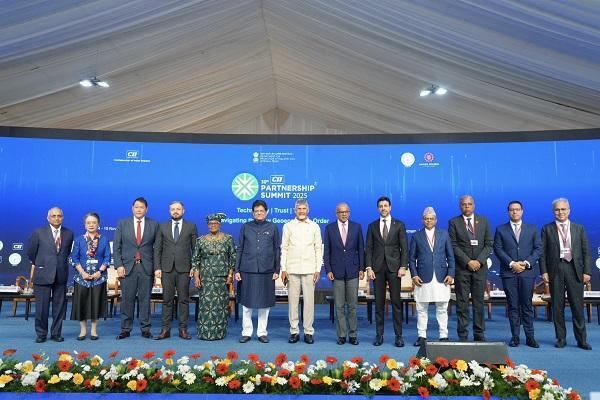
Who are the Terrorists Wanted in India that are Being Protected by Pakistan?
The issue of terrorism has been a pressing concern for the world, and India has been a major victim of these heinous acts. The country has been trying to deal with the menace of terrorism for decades, but the biggest hurdle in its fight against terrorism is the lack of cooperation from its neighbor, Pakistan. Despite being the epicenter of terrorism, Pakistan has consistently failed to take action against the perpetrators of terrorism, and instead, has been providing them with shelter and protection.
There are several terrorists who are wanted in India and are being protected by Pakistan. Lashkar-e-Taiba (LeT) chief Hafiz Saeed and Jaish-e-Mohammed (JeM) chief Masood Azhar are two of the most wanted terrorists in India. Both these organizations have been responsible for some of the most devastating terrorist attacks in India, including the 2008 Mumbai attacks and the 2019 Pulwama attack.
Hafiz Saeed, the founder of LeT, has been accused of masterminding several terrorist attacks in India, including the Mumbai attacks, which killed over 160 people. He has been designated as a global terrorist by the United Nations and has a bounty of $10 million on his head. Despite this, Pakistan has consistently refused to take action against him, and he continues to roam freely in Pakistan.
Masood Azhar, the founder of JeM, has also been accused of masterminding several terrorist attacks in India, including the Pulwama attack that killed over 40 Indian security personnel. He has also been designated as a global terrorist by the United Nations and has a bounty of $5 million on his head. Like Hafiz Saeed, Pakistan has refused to take action against him, and he continues to operate from Pakistan.
Other terrorists who are wanted in India and are being protected by Pakistan include Islamic preacher and LeT leader Zakiur Rehman Lakhvi, Hizbul Mujahideen chief Syed Salahuddin, mob boss Dawood Ibrahim, and Indian Mujahideen founder Iqbal Bhatkal and his brother Riyaz.
Zakiur Rehman Lakhvi is the mastermind behind the 2008 Mumbai attacks, which killed over 160 people. He was arrested in Pakistan but was released from prison in 2015 due to lack of evidence. Despite being a designated terrorist by the United Nations, he continues to roam freely in Pakistan.
Syed Salahuddin is the chief of Hizbul Mujahideen, a terrorist organization that has been responsible for several terrorist attacks in India. He has been accused of being involved in several terrorist attacks, including the 2001 Parliament attack that killed over 10 people. Despite being a designated terrorist by the United Nations, he continues to operate from Pakistan.
Dawood Ibrahim is a mob boss who has been accused of being involved in several terrorist attacks in India, including the 1993 Mumbai bombings that killed over 250 people. He has been designated as a global terrorist by the United Nations and has a bounty of $15 million on his head. Despite being a fugitive, he continues to operate from Pakistan.
Iqbal Bhatkal and his brother Riyaz are the founders of Indian Mujahideen, a terrorist organization that has been responsible for several terrorist attacks in India. They have been accused of being involved in several terrorist attacks, including the 2007 Hyderabad bombings that killed over 40 people. Despite being designated terrorists by the United Nations, they continue to operate from Pakistan.
The Indian government has been trying to deal with the menace of terrorism for decades, but the lack of cooperation from Pakistan has been a major hurdle. The country has consistently refused to take action against the perpetrators of terrorism, and instead, has been providing them with shelter and protection.
In recent years, India has taken several steps to deal with the menace of terrorism, including launching surgical strikes across the border and conducting air raids on terrorist camps in Pakistan. However, despite these efforts, the problem of terrorism continues to persist, and Pakistan’s lack of cooperation remains a major obstacle.
In conclusion, Pakistan’s failure to take action against the perpetrators of terrorism is a major concern for India and the world. The country has consistently refused to take action against terrorists who are wanted in India and are being protected by Pakistan. It is time for Pakistan to take action against these terrorists and bring them to justice. Until then, the menace of terrorism will continue to persist, and the world will continue to suffer the consequences.




